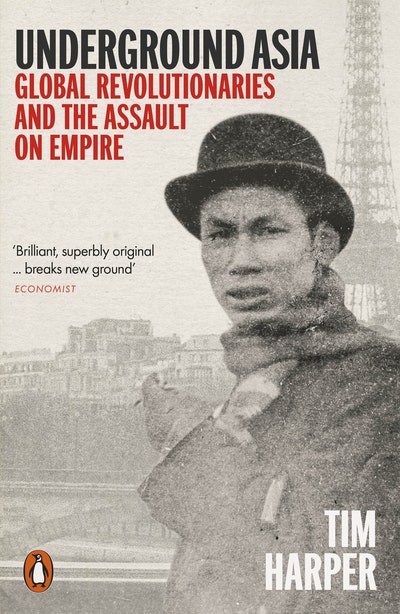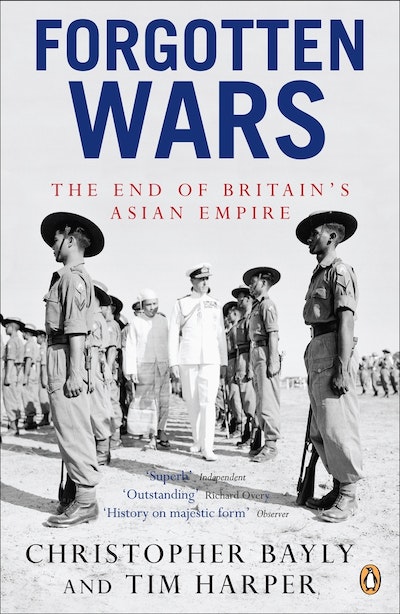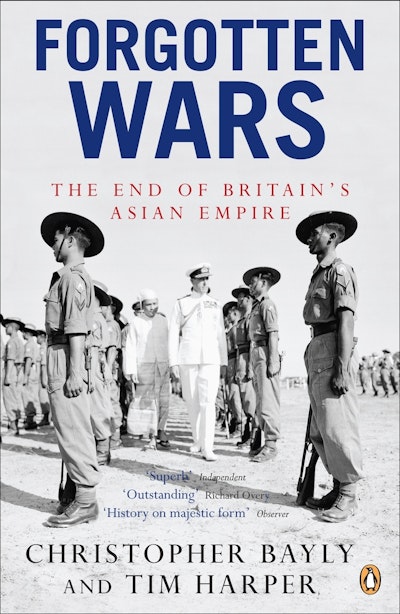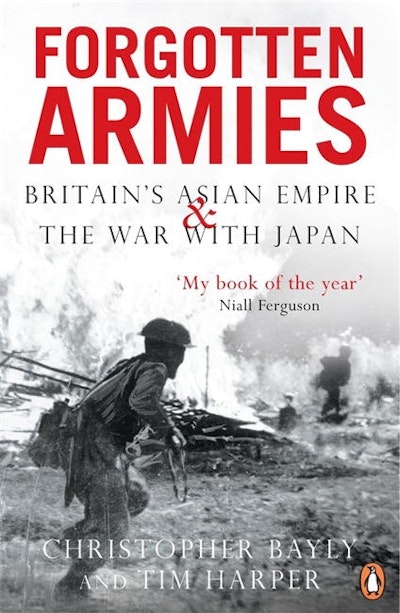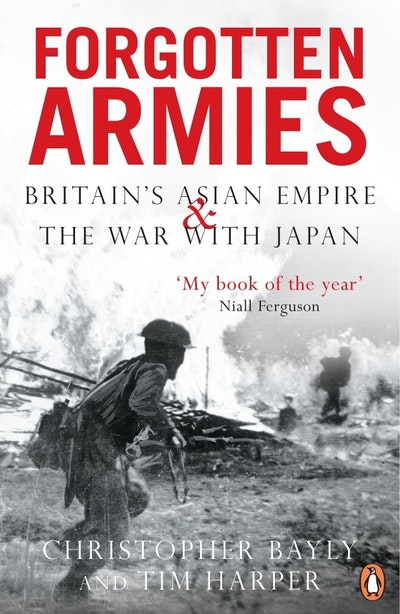Underground Asia
Global Revolutionaries and the Assault on Empire
- Published: 2 July 2020
- ISBN: 9781846145636
- Imprint: Penguin eBooks
- Format: EBook
- Pages: 864
Underground Asia is a monumental and magnificent study of anti-colonial revolutionaries who forged solidarities across the globe to mount a connected onslaught against the British, French, and Dutch empires. Written with verve and panache, this is riveting narrative history at its very best that would evoke the envy of the finest novelists.
Sugata Bose, Gardiner Professor of Oceanic History and Affairs, Harvard University
Tim Harper's Underground Asia is a marvel of a book. I have never seen anything like it. Harper has the storyteller's gift. He makes connections across space and time and race and place that most people can't dream to emulate. No one understands the warp and weft of the absolute powder-keg explosion of the beginnings of nationalism in Asia writ large better than Tim Harper.
Eric Tagliacozzo, Professor of History, Cornell University
A magnificent, sweeping history of Asian revolutionary movements ... Harper makes the intriguing point that as imperialism fostered globalisation, drawing together Aden, Alexandria and Bombay with Calcutta, Hong Kong, Penang and Singapore, so this same process allowed Asia's anti-colonial activists to establish connections with each other ... Harper has a fine eye for the telling detail.
Tony Barber, Financial Times
Brilliant, superbly original ... Underground Asia breaks new ground by showing how a collective consciousness emerged among revolutionaries on this shifting terrain ... Though many of the revolutionaries Harper evokes are now forgotten - or, for some Asian nations, too inconvenient to remember - their underground stories still echo through time.
The Economist
Magnificent - it reads like a thriller and was difficult to put down.
Peter Frankopan, History Today
Compelling and highly original ... The Asia that we see today - of nationalist states that owe a great deal of their identity to anti-imperialism - is the product of the 'underground' that these individuals forged in the 1910s and 1920s and which Harper describes with skill and empathy in this monumental work.
Rana Mitter, Literary Review
PRAISE FOR FORGOTTEN ARMIES: 'An essential and stimulating account of this crucial time.'
Patrick French, author of The World Is What It Is
PRAISE FOR FORGOTTEN WARS: 'Lucid, inexhaustible scholarship ... majestic.'
Peter Preston, The Observer
They have done a marvellous job in recovering the largely forgotten history of its end in Asia. Their work is not only a model of scholarship, but a delight to read.
Piers Brendon, The Independent
This is a spectacular book: in its scope, encyclopaedic knowledge, understanding of southeast Asia, and the light it throws on a neglected subject, the struggle for British Asia.
Martin Jacques, The Guardian
